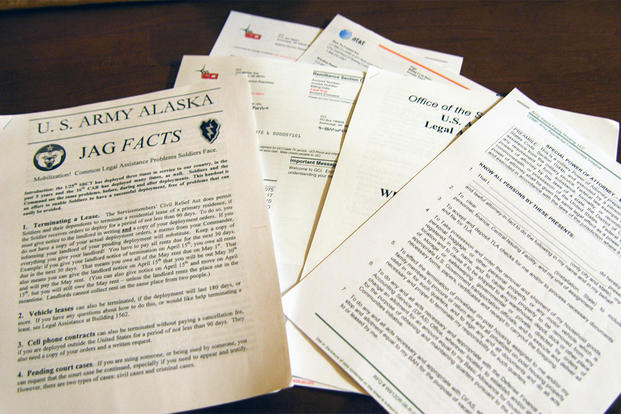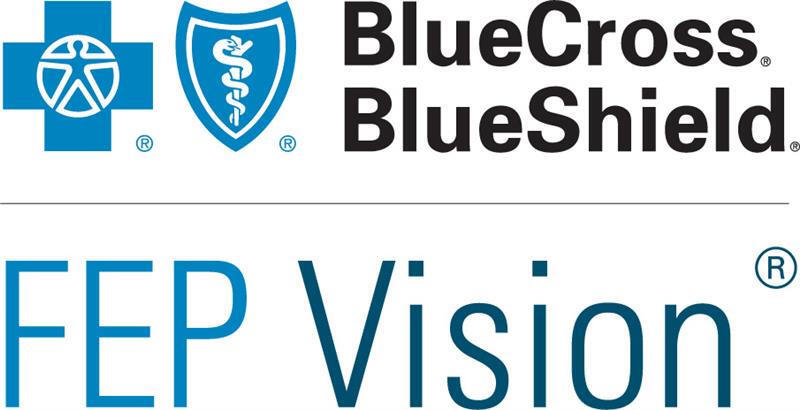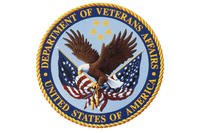If you are a dependent who needs legal assistance you should know that it is one of your many benefits provided by the military.
The military offers free legal assistance if you need to write your will, are considering signing a lease, or need a power of attorney or notarized signature and best of all, military family members have access to it.
Military Lawyers are called Judge Advocates General (JAGs). JAGs can offer help in legal and non-legal matters ranging from purchasing a car to renting an apartment, buying a home, paying taxes or writing a will. A "judge advocate" is an attorney who has graduated from an accredited law school, and is licensed to practice law by the highest court of a state or by a federal court. Judge advocates assigned to assist individuals with personal legal problems are known as legal assistance attorneys.
Generally, the military services offer limited legal assistance to Guard and Reserve members during inactive duty training periods to prepare legal documents such as wills and powers of attorney needed in the event of an involuntary call to active duty. Each military service has specific regulations regarding the extent of legal assistance they provide. For further information, contact your legal assistance office.
If a legal assistance attorney is unable to resolve the case or a specialized attorney is needed, the legal assistance attorney will refer you to a civilian attorney, normally through a local lawyer referral service, who can handle the case.
Legal assistance staff are located on almost every base, ship and installation. If you have trouble locating legal assistance, you can find the office nearest your location by visiting one of the following websites:
- Air Force Legal Assistance
- Army Legal Assistance Services
- Navy/Marine JAG Corps
- Coast Guard Legal Services
Each military service has specific regulations regarding the extent of legal assistance they provide. For further information, contact your legal assistance office.
Legal assistance offices can help with the following:
- Serving as advocate and counsel for an eligible client
- Preparing and signing correspondence on behalf of an eligible client
- Negotiating with another party or that party's attorney
- Preparing legal documents, as permitted by the JAGMAN
- When necessary, referring eligible persons to a civilian lawyer
- Drafting powers of attorney
- Drafting wills
- Estate planning advice
- Reviewing contracts and leases (ideally, before you sign)
- Providing notarizations
- Personal finance advice
- Family and domestic relations advice (divorce, separation, family seaport, adoption, custody, paternity and name changes)
- Consumer affairs
- Tax advice on real and personal property and income (and in certain locations tax preparation and electronic filing (ELF))
- Answering questions about landlord-tenant issues (including leases, security deposits and evictions)
- Providing advice on immigration and naturalization issues
Legal assistance attorneys hold all conversations and dealings with clients in strict confidence, as required by rules of professional responsibility.
Know All Your Legal Rights and Benefits
Be aware and get what you are entitled to. Keep up with all the legal benefits available to you as a service member, veteran or spouse and get updates delivered straight to your inbox by subscribing to Military.com












